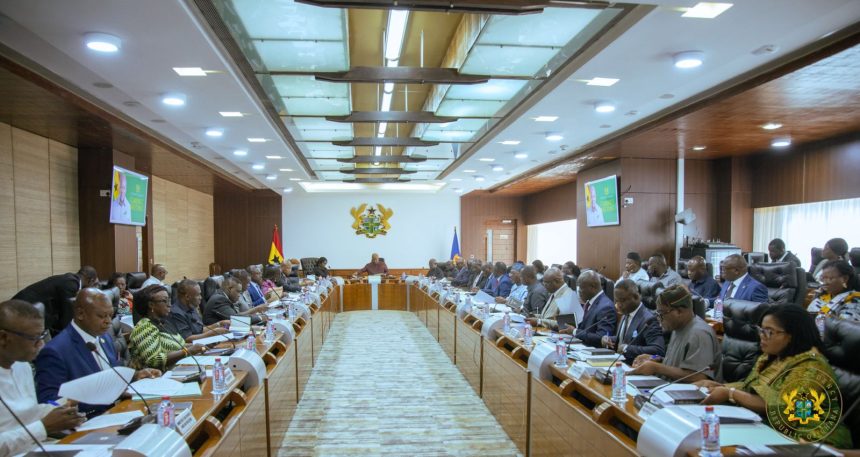For more than ten years, Ghana’s asset declaration law was seen as a law on paper only. Many public officials simply ignored it, and nothing happened. But today, things are different. Almost every appointee of the current government has declared their assets. This progress is not because the law was changed. It is because of strong, consistent reporting by The Fourth Estate, the investigative journalism project of the Media Foundation for West Africa (MFWA).
The journey to this moment started long before the current government took office in January 2025. In 2022 and 2023, The Fourth Estate began publishing a series of stories about how officials were breaking the asset declaration law. In September 2022, a story caused eight judges to rush and declare their assets. In early 2023, a wave of reporting compelled 294 political appointees under the Akufo-Addo government to do the same. The message was clear: those in public office would be named and held accountable.
When President John Mahama returned to power on January 7, 2025, he inherited this strong wave of accountability journalism. The Fourth Estate was already highlighting how appointees of the previous administration had ignored the law. It was a signal to the new government: either comply with the law or face the same public scrutiny.
President Mahama acted quickly. On January 18, just 11 days after taking office, he gave all his appointees a deadline, declare your assets by March 31, 2025. By April 17, most had done so. But 55 appointees were still in default. Once again, The Fourth Estate responded. A story was published with the headline: “ASSET DECLARATION: 55 Appointees & Staffers Defy Mahama’s Order… Will the President go by his words, or was it just empty threat?” It triggered a quick response.
On May 5, President Mahama announced that all defaulting appointees were to lose three months salary for failing to meet the deadline. He then gave them two more days, until May 7, to comply or lose their jobs. At the same event, he also launched a code of conduct for all his appointees.
As always, The Fourth Estate kept watch. After the May 7 deadline had passed, a Right to Information (RTI) request was filed with the Audit Service to verify who had declared their assets. The response was clear and detailed. By May 15, all defaulting appointees had filed.
What started as a forgotten law is now one that government officials are forced to respect. The asset declaration law, once called a “paper tiger,” has become a real tool for accountability in Ghana. This change is not because of new rules or institutions, but because of journalism that works in the public interest.
About The Fourth Estate
The Fourth Estate is a non-profit, public interest and accountability investigative journalism project of the Media Foundation for West Africa (MFWA). It aims to promote independent journalism that holds those in power answerable to the people they govern.





